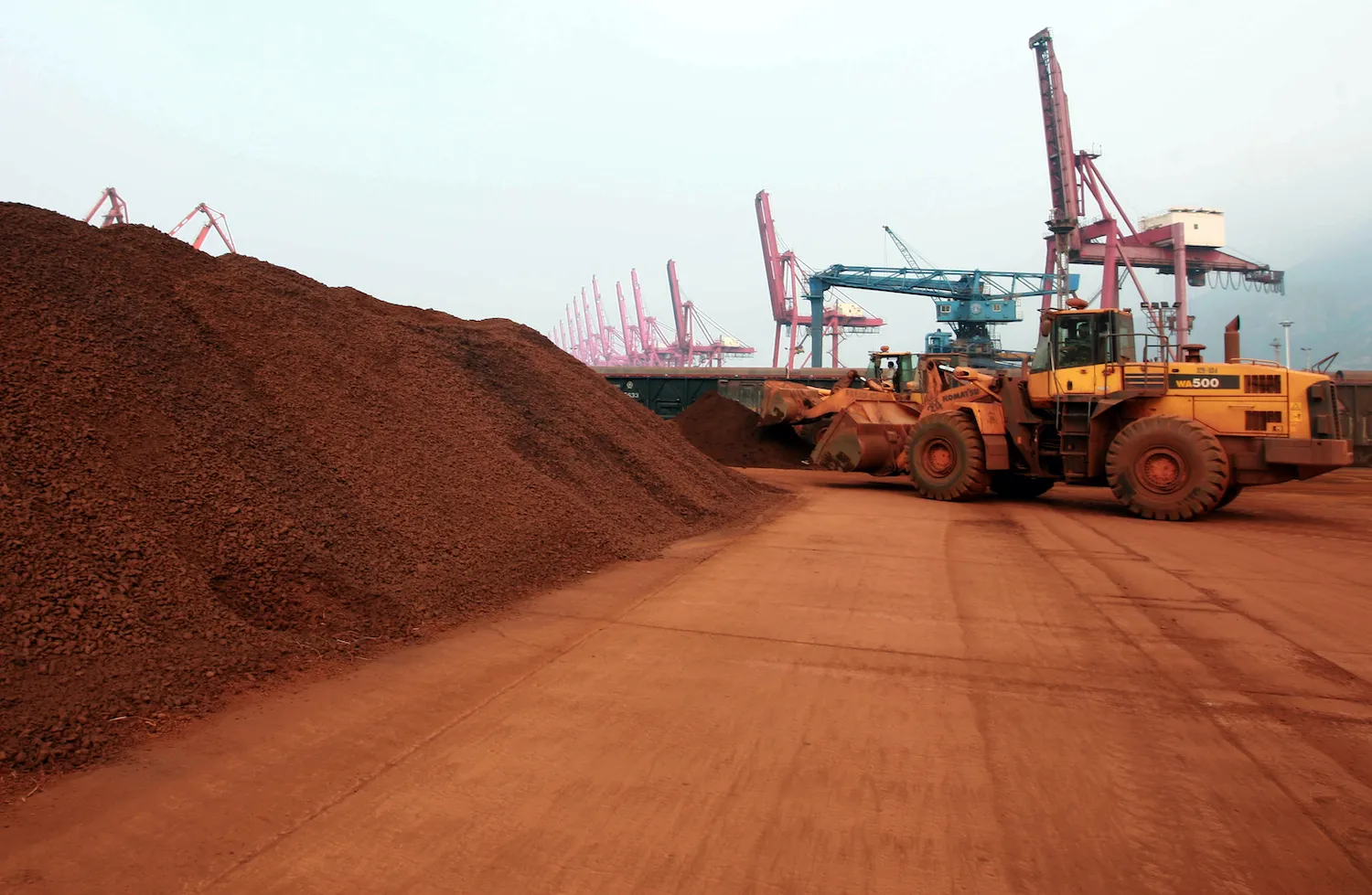The Intrinsic Value of Minerals: Unveiling the Secrets Behind their Pricelessness
3 min read
Minerals, the building blocks of our planet, hold a profound significance in various industries and play a pivotal role in shaping our modern society. From powering our technological advancements to fueling economic growth, minerals have become indispensable resources. In this blog post, we will delve into the reasons why minerals are so valuable, exploring their diverse applications and uncovering the hidden factors that contribute to their high worth.
- Essentiality in Industrial Processes:
Minerals serve as essential raw materials in numerous industrial processes, ranging from construction and manufacturing to energy production. For instance, metals like copper, iron, and aluminum are crucial for infrastructure development, electrical wiring, and transportation systems. Rare earth elements, such as neodymium and dysprosium, are vital for the production of high-performance magnets used in renewable energy technologies and electric vehicles. The scarcity and indispensability of these minerals contribute significantly to their value. - Economic Significance:
Minerals have a profound impact on global economies, both as commodities and as contributors to various sectors. The mining industry, for example, generates substantial revenue and employment opportunities worldwide. Additionally, minerals serve as a basis for trade and investment, with their prices fluctuating in response to market demand and supply dynamics. The economic value of minerals is further enhanced by their role in attracting foreign direct investment and fostering economic growth in resource-rich regions. - Technological Advancements:
The rapid advancement of technology has exponentially increased the demand for minerals. From smartphones and laptops to renewable energy systems and electric vehicles, minerals are integral components of these innovations. Lithium, cobalt, and graphite, for instance, are essential for the production of lithium-ion batteries, which power our portable devices and electric vehicles. The growing demand for these minerals, driven by technological progress, further amplifies their value. - Geological Rarity:
The scarcity of certain minerals contributes significantly to their value. Gemstones like diamonds, rubies, and emeralds are not only prized for their beauty but also for their geological rarity. The limited availability of these precious gemstones, combined with their aesthetic appeal, creates a high demand and drives up their prices. Similarly, rare metals like platinum and palladium, which are essential for catalytic converters and electronics, are valued for their scarcity and unique properties. - Environmental Considerations:
In recent years, the environmental impact of mineral extraction and processing has gained significant attention. Sustainable mining practices and responsible sourcing have become crucial factors in determining the value of minerals. Ethical and environmentally friendly mining operations, such as those adhering to fair trade principles and minimizing ecological damage, are increasingly valued by consumers and investors alike. Minerals extracted through sustainable practices often command higher prices due to their positive environmental footprint.
Conclusion:
Minerals possess intrinsic value due to their indispensability in various industries, their economic significance, technological advancements, geological rarity, and environmental considerations. Understanding the multifaceted reasons behind their high worth allows us to appreciate the importance of responsible mineral management and sustainable practices. As we continue to rely on minerals for our societal progress, it becomes imperative to strike a balance between their extraction and preservation, ensuring their availability for future generations.


